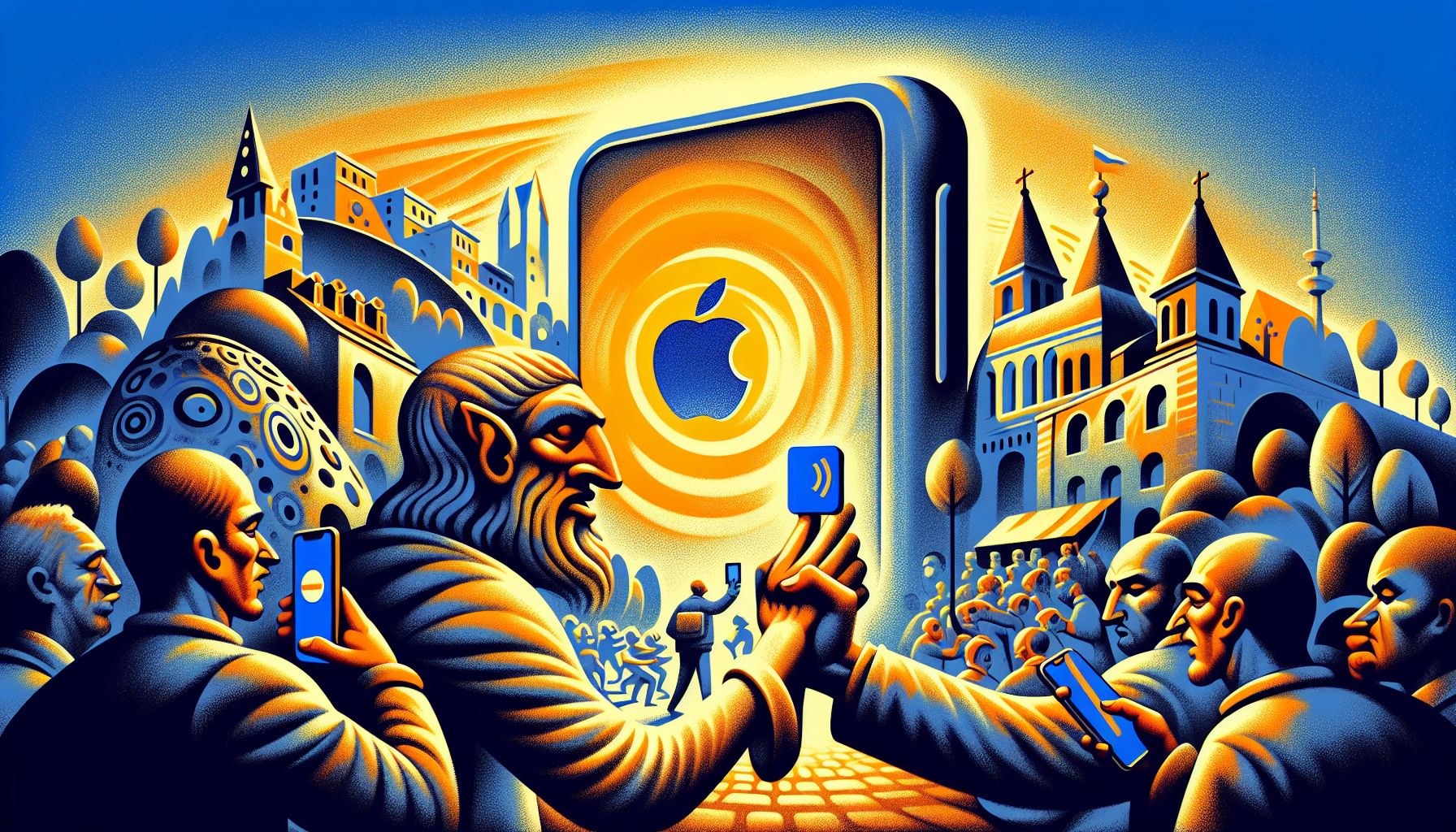Apple Opens iPhone Payment Systems to Address EU Concerns

Cupertino, Monday, 16 September 2024.
Apple commits to allowing third-party access to iPhone’s contactless payment technology, addressing EU competition worries. This landmark decision could reshape mobile payments, offering consumers more choices and fostering innovation in the sector.
Breaking Down the EU’s Concerns
The European Commission started investigating Apple’s payment system practices in June 2020, suspecting that the tech giant was stifling competition. By restricting access to its near field communication (NFC) technology, Apple allowed only its proprietary Apple Pay to function on iPhones for contactless payments. This exclusionary practice was seen as a way to limit innovation and consumer choice in the mobile payments market [1].
Apple’s Commitments to Change
To address these concerns, Apple made several commitments beginning in January 2024. These commitments included opening up the iPhone’s NFC technology to third-party developers. By February, the EU consulted with banks and app developers to test these commitments, leading to further refinements. Apple promised additional measures such as enabling payments through other industry-certified terminals and allowing users to set default payment apps more easily [1].
Legal Binding and Implementation
During a press conference held on 11 July 2024, EU Commission Vice President Margrethe Vestager confirmed that Apple’s commitments had been made legally binding under EU antitrust rules. Apple has until 25 July 2024 to implement these changes. The commitments will remain in place for ten years, during which the European Commission will closely monitor Apple’s compliance. Failure to adhere to these commitments could result in fines of up to 10% of Apple’s total annual turnover [1].
Impact on Consumers and Competitors
This move is expected to significantly impact both consumers and competitors in the mobile payments market. Consumers will have a wider range of secure and innovative mobile wallets to choose from, potentially leading to better services and lower costs. Competitors, who previously argued that Apple’s control over its software was unfair, will now have the opportunity to innovate and compete on a level playing field [1].
Technical Aspects of the Innovation
The core of this innovation revolves around Apple’s NFC technology, which is used for ‘tap and go’ payments. By opening this technology to third parties, Apple will allow other payment apps to initiate transactions at various terminals, including merchant phones and other devices. This will be facilitated through the PaymentRequest API, which supports different payment methods, transaction details, and options [2].
A Broader Perspective
Apple’s decision to open its payment systems is not just a regulatory compliance measure but also a step towards fostering a more competitive and innovative market. By allowing other players to access its technology, Apple is setting a precedent that could lead to more collaborative and consumer-friendly practices in the tech industry. This change is particularly significant in the EU, where regulators are increasingly scrutinizing big tech companies to ensure fair competition [1].

